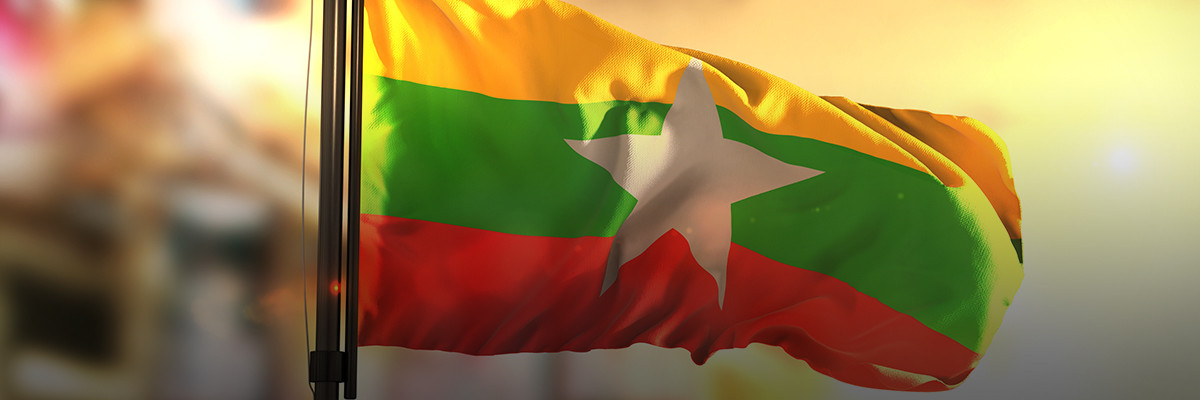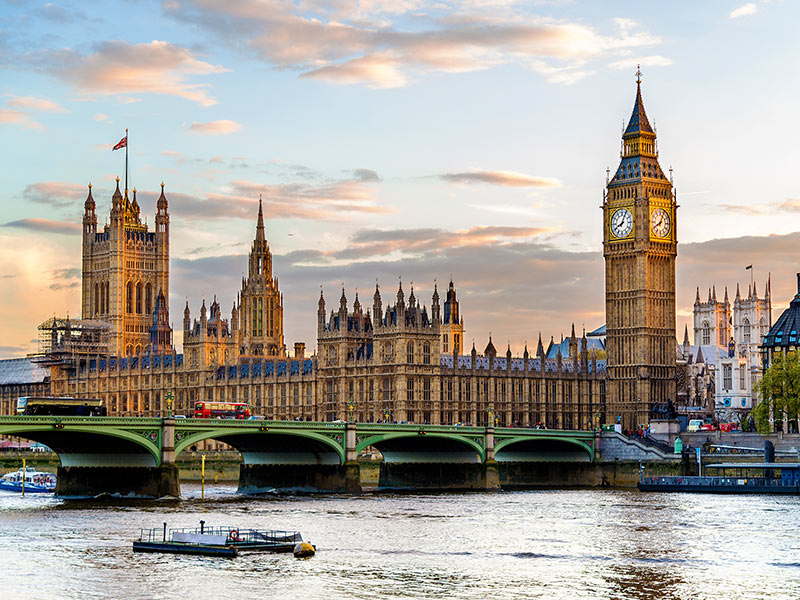
Today, Facebook has published the human rights impact assessment (HRIA) of the company’s presence in Myanmar that it engaged BSR to undertake earlier this year.
The question of how social media platforms can respect the freedom of expression rights of users while also protecting rightsholders from harm is one of the most pressing challenges of our time.
This challenge is even more testing in Myanmar, where the majority of the population is still developing the digital literacy required to navigate the complex world of information sharing online, and where a minority of users are seeking to use Facebook as a platform to undermine democracy and incite offline violence. The lack of rule of law and recent political, economic, and social history in Myanmar add to the challenging environment.
We didn’t want the HRIA to reproduce what was already known—so we asked ourselves, what can we do to help increase human rights protections in the future?
Last month, the UN Human Rights Council’s Independent International Fact-Finding Mission on Myanmar concluded that serious crimes under international law have been committed by military and security forces that warrant criminal investigation and prosecution. The use of Facebook to spread anti-Muslim, anti-Rohingya sentiment featured prominently in the Mission’s report.
In this context, the commissioning of this comprehensive HRIA is an important new milestone in business efforts to undertake due diligence and respect human rights. Facebook’s decision to publish the report in unredacted form also demonstrates an impressive commitment to transparency and sets an example for other companies to follow.
The challenging human rights context for Facebook and questions about the company’s response have been well-documented by international bodies, civil society organizations, and the media. Given this context, we didn’t want the HRIA to reproduce what was already known—so we asked ourselves, what can we do to help increase human rights protections in the future?
At the basic level, addressing this question meant thoroughly applying the UN Guiding Principles on Business and Human Rights to the letter—identifying and prioritizing Facebook’s actual and potential human rights impacts and making recommendations for how to address them.
However, we concluded that answering this question would require us to be disciplined in two very important ways.
First, it was essential to take an inclusive approach. We consulted directly with over 60 potentially affected rightsholders and stakeholders during two visits to Myanmar by BSR staff, and we made sure that we spoke to as diverse a range of voices as we were able to in the time available. This approach generated very important insights. While many stakeholders—and Facebook itself—emphasized that Facebook’s efforts have fallen short in the past, we witnessed a strong determination from everyone we spoke with, inside and outside Facebook, to address human rights in Myanmar as a matter of utmost importance and urgency. We are hopeful about collaborative efforts, both now and over the long-term.
Second, it was essential to take a distinctly forward-looking approach. Understanding the mistakes and shortcomings of the past established crucial context, but it was important that we focused on forward-looking analysis and recommendations.
This approach led to us make recommendations in five main areas. These recommendations are shaped by the observation that Facebook’s human rights impacts in Myanmar cannot be addressed by Facebook alone, but also require system-wide change:
- Governance and accountability at Facebook, including human rights policies, formalized governance structures, and public communications.
- Community standards enforcement by Facebook, such as continuing to build a cross-functional team that understands the local Myanmar context, as well as a stricter implementation of Facebook’s credible violence policy and further development of artificial intelligence solutions that support human decision-making.
- Engagement, trust, and transparency, such as publishing a local, Myanmar-specific version of Facebook’s Community Standards Enforcement Report and supporting international mechanisms created to investigate violations of international human rights.
- System-wide change, including advocacy efforts aimed at policy, legal, and regulatory reform and continued investment in efforts to increase digital literacy and counter hate speech.
- Risk mitigation and opportunity enhancement, such as preparations for the 2020 elections in Myanmar and for the possibility that WhatsApp becomes more commonly used, as well as the development of new products and services that accelerate growth of the digital economy in Myanmar.
Facebook’s blog to accompany the publication of the HRIA described in some detail the company’s stance and current status for each of these five areas.
We believe that the implementation of these recommendations is far more important than the HRIA itself. For this reason, we hope that the publication of the HRIA in full provides three main benefits: first, to provide a clear action plan for Facebook; second, to increase awareness of the human rights approaches available to Facebook and other technology companies engaged in Myanmar; and third, to stimulate further dialogue, collaboration, and solutions.
The report was made possible thanks to the many stakeholders and rightsholders in Myanmar who participated in the assessment process. We encourage everyone interested in the human rights situation in Myanmar to read the report in full, and we look forward to updates from Facebook in the future on its progress implementing the recommendations.
Topics
Let’s talk about how BSR can help you to transform your business and achieve your sustainability goals.




